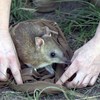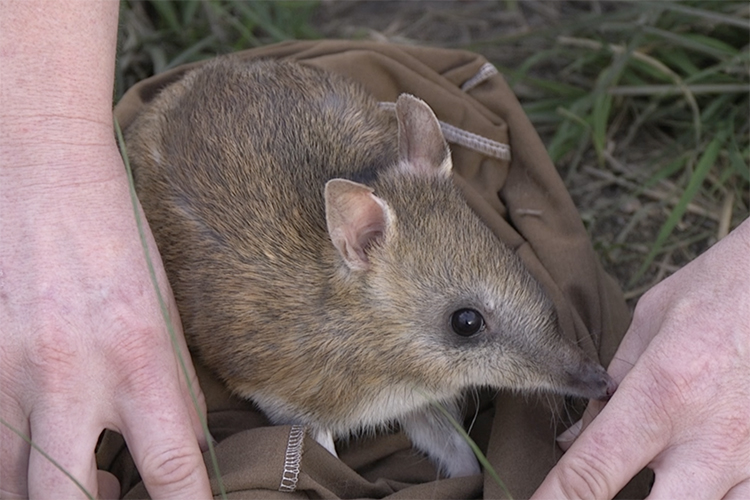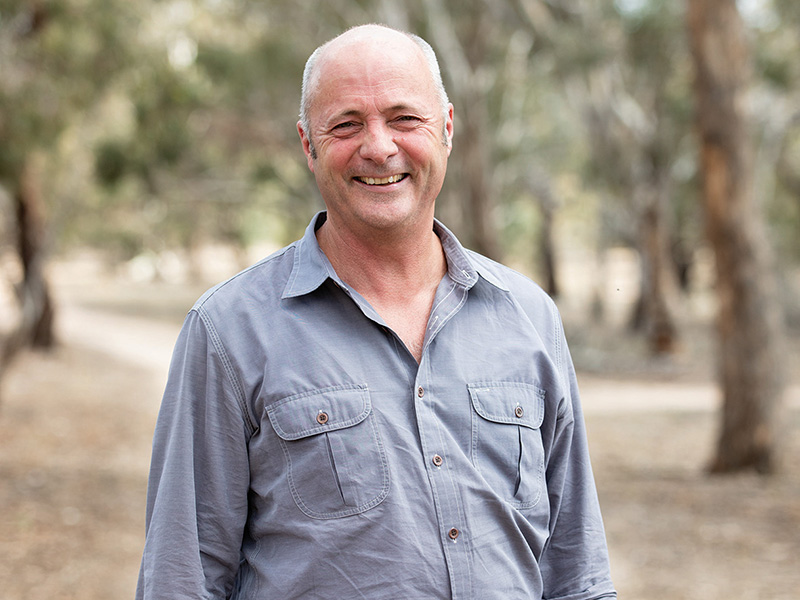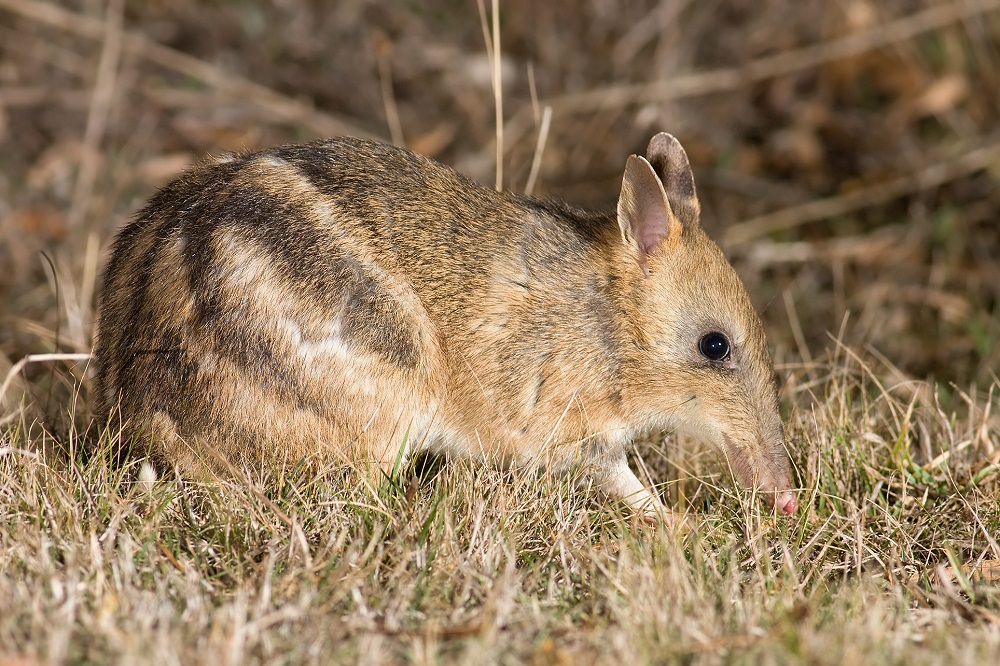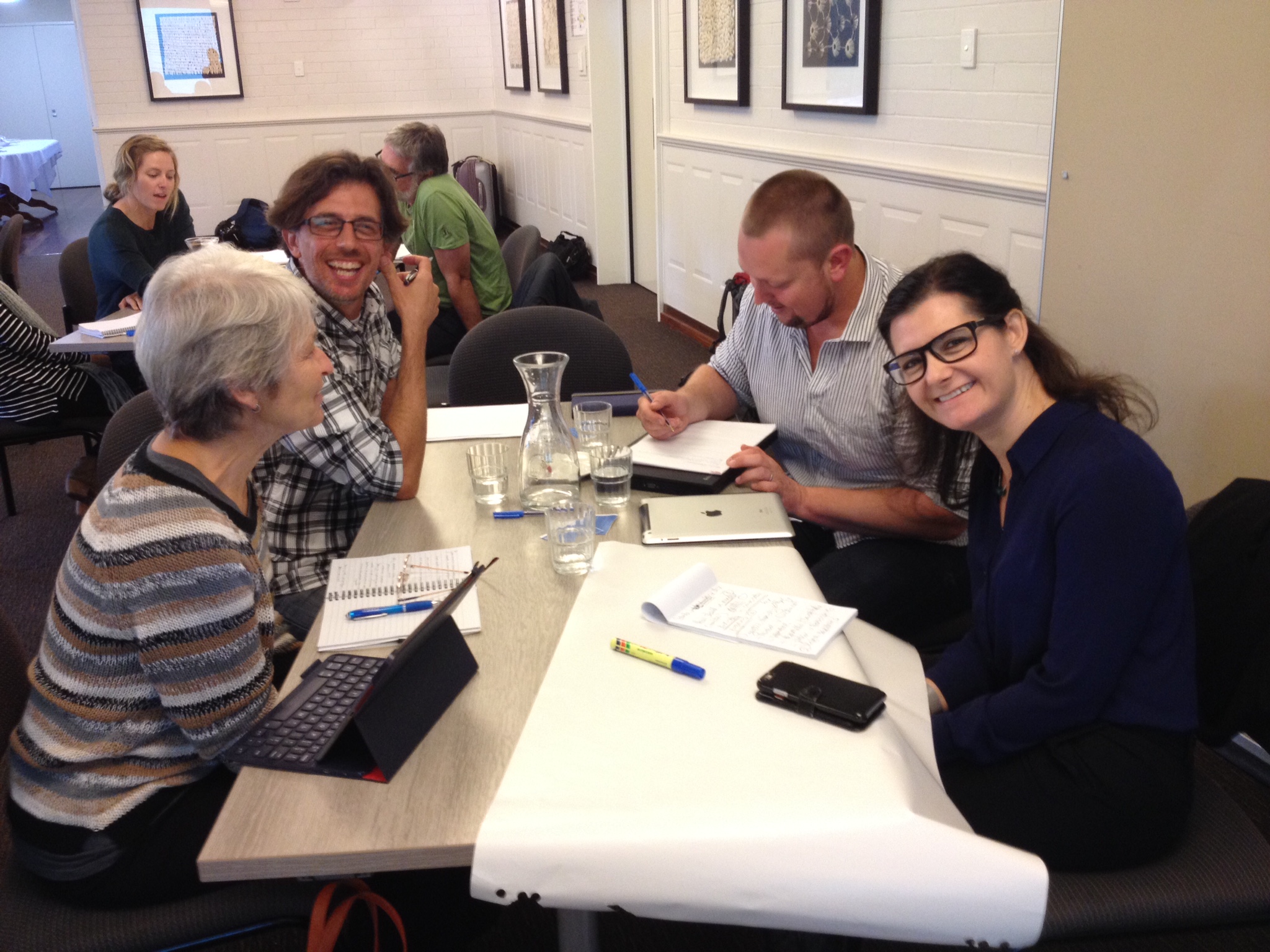Genetic rescue for the conservation of the Eastern barred bandicoot
Genetic analysis later found that only 19 of these bred successfully. With such a small population inbreeding and a lack of genetic diversity became a problem over the generations, reducing the health, breeding success and resilience of the population. Fortunately, wild and healthy populations of this bandicoot are still found in Tasmania.
A partnership between The University of Melbourne, Mt Rothwell and other partners has introduced healthy genes from Tasmanian animals through breeding. The increased genetic diversity is improving the health and breeding success of animals. This is important to give the mainland population a greater chance of long-term survival. This Threatened Species Recovery Hub project is a collaboration between the University of Melbourne and Mt Rothwell - Biodiversity Interpretation Centre.
It receives support from the Australian Government’s National Environmental Science Program, the Victorian Department of Environment, Land, Water & Planning, FUNDER@Melbourne, Zoos Victoria and the Douglas family foundation.
